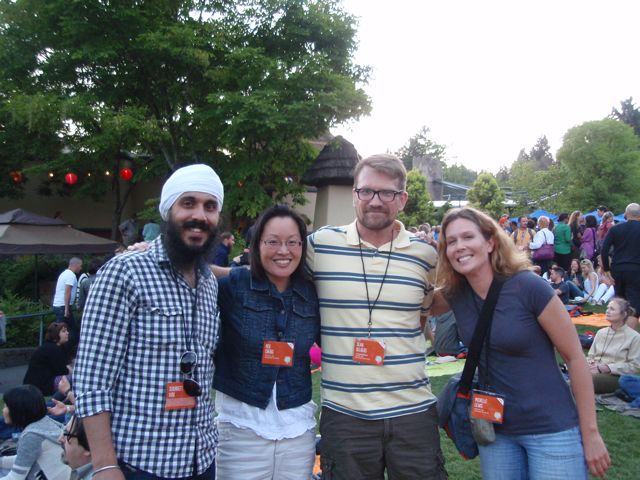 I’ve had 33 jobs.
I’ve had 33 jobs.
In college, I often had three jobs at the same time. There were some stressful times, but more often than not, I liked the variety, I liked the stimulation, and I liked paying my bills on time.
From doing database management for the food court, to walking around with a walkie-talkie as building manager of the student center, to cleaning and sterilizing lab equipment, I was thrilled with how much you could learn on the job!
I became a big believer in getting paid to learn rather than the other way around.
Not every job was good though. Some were boring. Some tasks were pure drudgery. Some had terrible managers. Some were temporary. When a job got bad or ended, I would just look for a new job and move on.
Once I graduated with my Master’s degree and started working at full-time jobs though, things changed.
I discovered that leaving a full-time job and finding a new one was not as easy as when I was working all kinds of part-time jobs.
I discovered that sometimes your new workplace has just as many problems as your last one.
I discovered that a workplace with toxic people, terrible management, and/or lack of ethics can deteriorate your health.
Do not wait until a job gets so bad that you start throwing up every day or having such terrible pains that you have to call in sick or pop Tylenol to get through the day. I know how that feels. It’s terrible and makes you feel fearful and helpless.
Through making my own mistakes and learning from the mistakes of others, I realized that it is much better to be proactive than reactive.
I learned how to recognize the canary in the coal mine.
Like canaries sent into a coal mine, I figured out how to sniff out the “toxins” in a workplace. But unlike the canary who would die if it detected dangerous gases, I could recognize what the warning meant and start taking action.
5 TOXIC WORKPLACE SITUATIONS TO WATCH OUT FOR:
1) Your boss consistently makes promises to you that they do not keep and this has been going on for more than a year.
2) You’ve caught your boss or the head of your organization lying to you and they don’t think that it’s wrong.
3) You’ve caught your boss or the head of your organization lying to your clients or customers and they don’t think that it’s wrong.
4) Your boss or coworkers do unethical and/or illegal activities on the job but when caught, they are not fired, prosecuted or justly punished.
5) Consistently, the most incompetent employees in your organization are promoted while the most productive are demoted or forced out.
All of these situations are like toxic “gases” warning you to get the hell out of the “coal mine.”
If you experience any of these situations, it would be a smart move to start looking for a new job. I have experienced every one of these situations and was able to move out before things got worse, which they inevitably did.
NOTE: Do not rush and do not get desperate. You do not want to leave this job only to go to one with just as many or more problems. Do your research and put out feelers to trusted contacts who can keep your search confidential. Do not share your job hunting with your coworkers and boss in order to avoid potential retaliation.
Take the time to find the right next job or position for yourself before you resign.
You might be asking, what has any of this got to do with being frugal?
I truly believe that the more unhappy you are, the more money you will spend. Visit any workplace and talk to people and you will find this to be true.
I believe that unless you find work that is a good match for you, you cannot reach your full potential in terms of how much money you make and keep, and how good of a life you can have by managing that money well.
Spending money to make ourselves feel better gives us a temporary boost. We feel better but only for an hour or part of a day.
Can you imagine feeling so good every day that you don’t feel the need to spend?
You can have this. Truly. I will cover this more in my next post.
If you are in a toxic situation at work, have faith and keep looking. DON’T GIVE UP. In time, the day will come when you can fly out of that coal mine to a better place and a better life.
 Sometimes you have to do something you don’t like to do in order to gain something wonderful.
Sometimes you have to do something you don’t like to do in order to gain something wonderful.

 Follow
Follow

